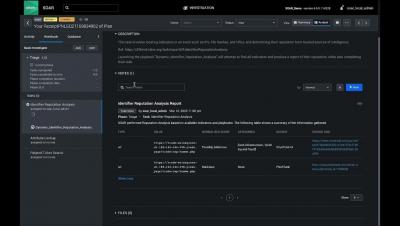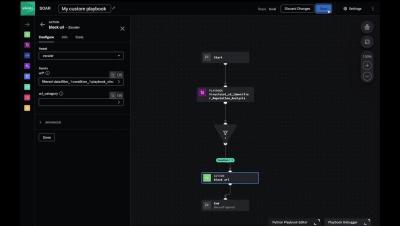Send Your SOAR Events to Splunk
During a recent Proof of Concept (PoC) for Splunk SOAR with an existing customer of Splunk Enterprise Security (ES), I was asked if it was possible to send events/containers available in Splunk SOAR to Splunk ES as a Notable Event. While the reverse process of sending ES Notable Events to Splunk SOAR is highly documented, I was surprised to find hardly any documentation about the use case my customer brought up during the PoC. Hence, my cue to write my first ever Splunk blog!











